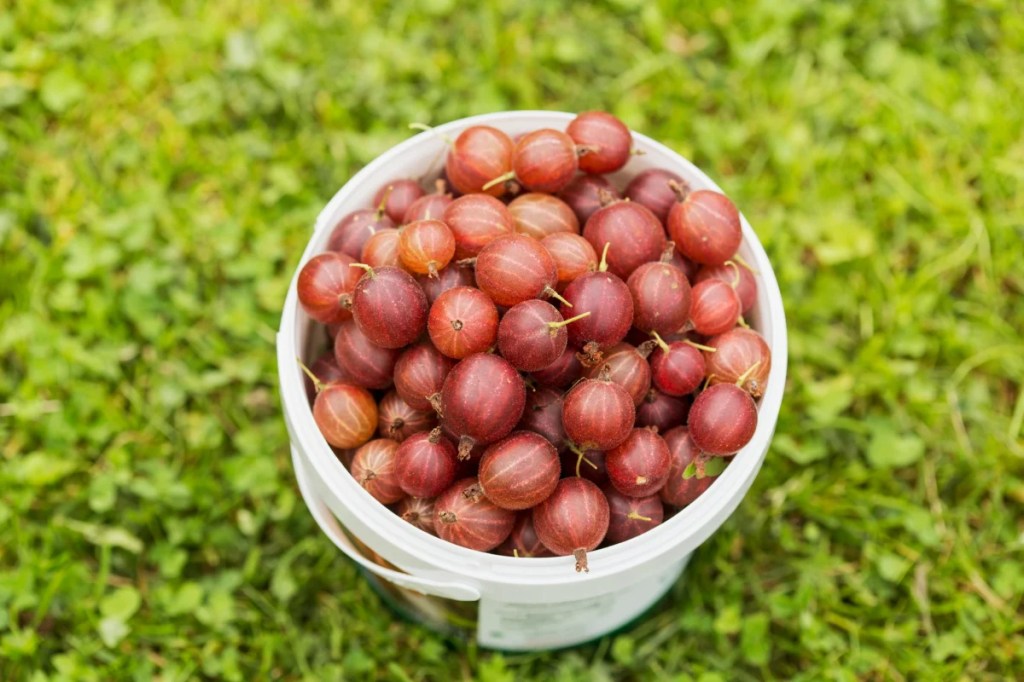The short answer is no, dogs cannot eat gooseberries safely. Because they are not a popular fruit in the United States, it can be difficult to come across information on these fruits. There is some mixed information regarding exactly how toxic these are to dogs, but the general rule of thumb is to steer clear of them. Here’s what you should know.
Why are gooseberries bad for dogs?
Gooseberries are related to grapes, which should give you enough information to know they aren’t safe for dogs. While rich in antioxidants and vitamins, gooseberries also contain glyoxylic acid. This is toxic to dogs because it produces kidney stones. Furthermore, gooseberries reportedly often cause allergic reactions in dogs and other forms of animal life.
Unfortunately, there doesn’t seem to be a distinction between ripe and unripe gooseberries, either. Both can lead to harmful poisonings or allergic reactions, with unripe berries producing the worst effect. Additionally, the leaves and stems of gooseberries are toxic to humans and dogs alike due to their hydrogen cyanide content.
What should I do if my dog ate a gooseberry?
While current information indicates that the ingestion of gooseberries doesn’t typically prove fatal, there might be some long-term intestinal or digestive issues tied to it. Not all unhealthy things for our dogs have an immediate negative effect.
If you’ve given your dog gooseberries without adverse reactions in the past, do not continue to give them this fruit. There are plenty of other healthy berries and fruits for dogs, and the health risks just aren’t worth it.
Should your dog ingest a gooseberry by accident, call your veterinarian immediately. Be sure to watch for any signs of an allergic reaction, which can become a medical emergency. If you happen to live in an area where gooseberries grow, have a plan in case ingestion occurs.









